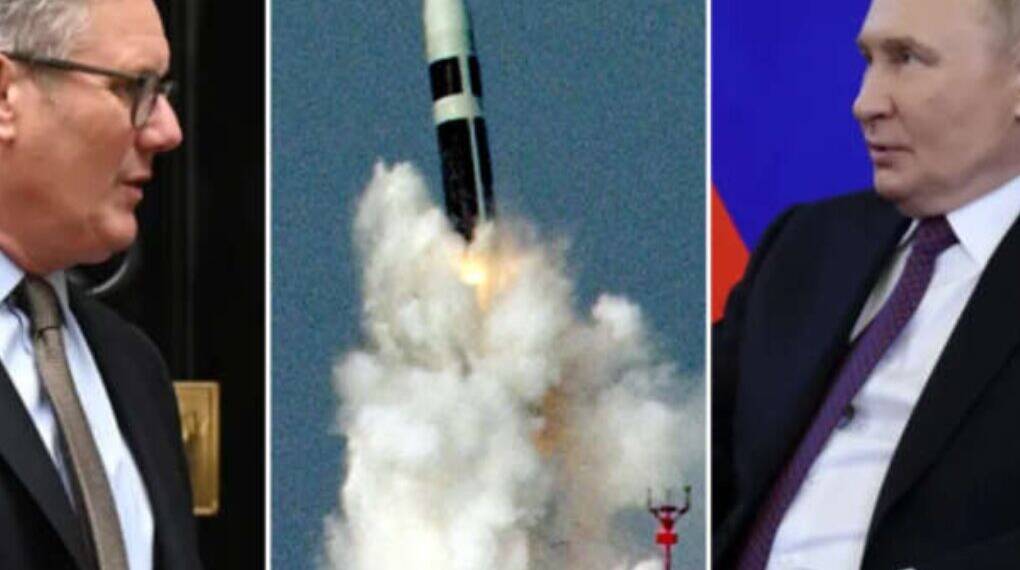In the chilling event of a nuclear missile strike on the United Kingdom, a series of swift, coordinated emergency responses are set to unfold — beginning with a nationwide alert system that reaches over 85 million mobile phones.
A piercing 10-second siren would mark the start of what officials describe as a “worst-case scenario” response, triggered by the UK’s early warning systems and strategic defence protocols. The alert instructs citizens to “go in, stay in, tune in,” a long-standing public guidance designed to minimize exposure to nuclear fallout. People would be advised to stay away from windows and external walls, with media channels expected to provide rolling updates.
These contingency plans, though rarely discussed publicly, have gained renewed attention following the UK Government’s recently published Strategic Defence Review. The report warns that threats from adversarial powers — notably Russia and potentially China — are becoming more acute, with hybrid warfare, cyberattacks, and even direct military threats no longer viewed as far-fetched.
The heightened focus comes amid growing instability in Eastern Europe and escalating rhetoric from the Kremlin. While UK defence officials stress that a nuclear attack remains “highly unlikely” due to the deterrent power of Britain’s own nuclear arsenal and NATO’s rapid-response capabilities, the government is taking no chances.
At the core of Britain’s readiness is Operation COBRA, the emergency committee system designed to bring together top ministers, military leaders, and intelligence chiefs at short notice. In the event of an imminent strike, this body would immediately convene to coordinate defensive actions, public safety, and international response.
“Preparedness is not alarmism,” said one senior defence official. “It’s about ensuring that if the unthinkable does happen, we don’t hesitate. Every second would matter.”
Military bases across the country have reportedly been reviewing response protocols, while local councils have updated their civil defence strategies. The Ministry of Defence is also working closely with NATO allies to maintain a unified front and share intelligence.
Public concern has been reignited by recent drills conducted by Russia simulating nuclear deployments and by provocative statements from Moscow suggesting that the West could be targeted in the event of broader conflict.
Despite these threats, the UK government continues to emphasize diplomacy, alliance-building, and strong deterrence as its primary lines of defence. Prime Minister Keir Starmer is expected to address Parliament later this week regarding the updated defence strategy and reassure citizens of the nation’s preparedness.
For now, the UK remains on alert — not panicked, but watchful.








